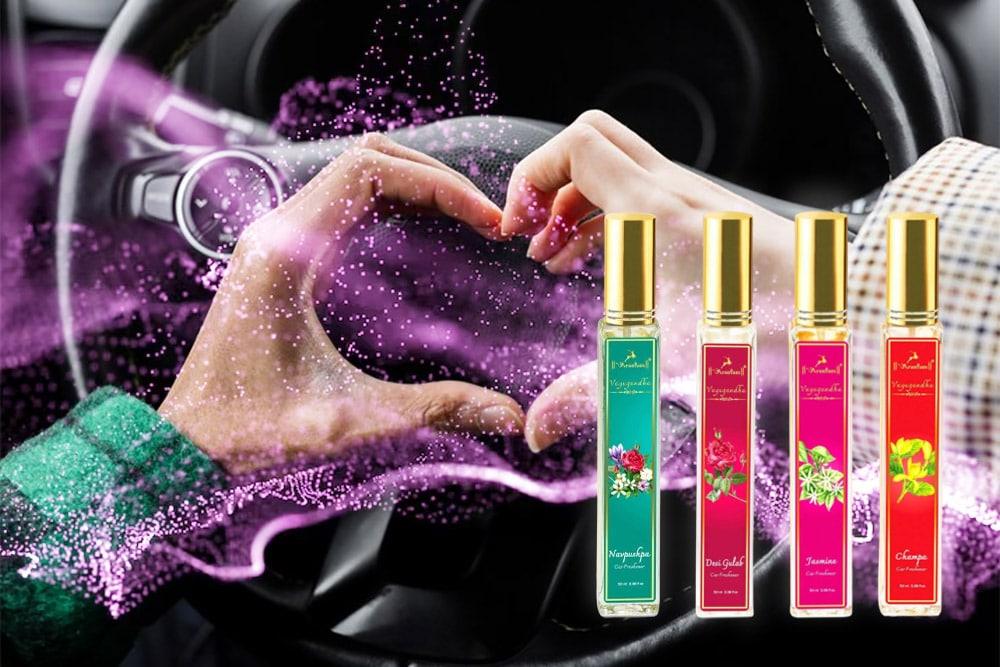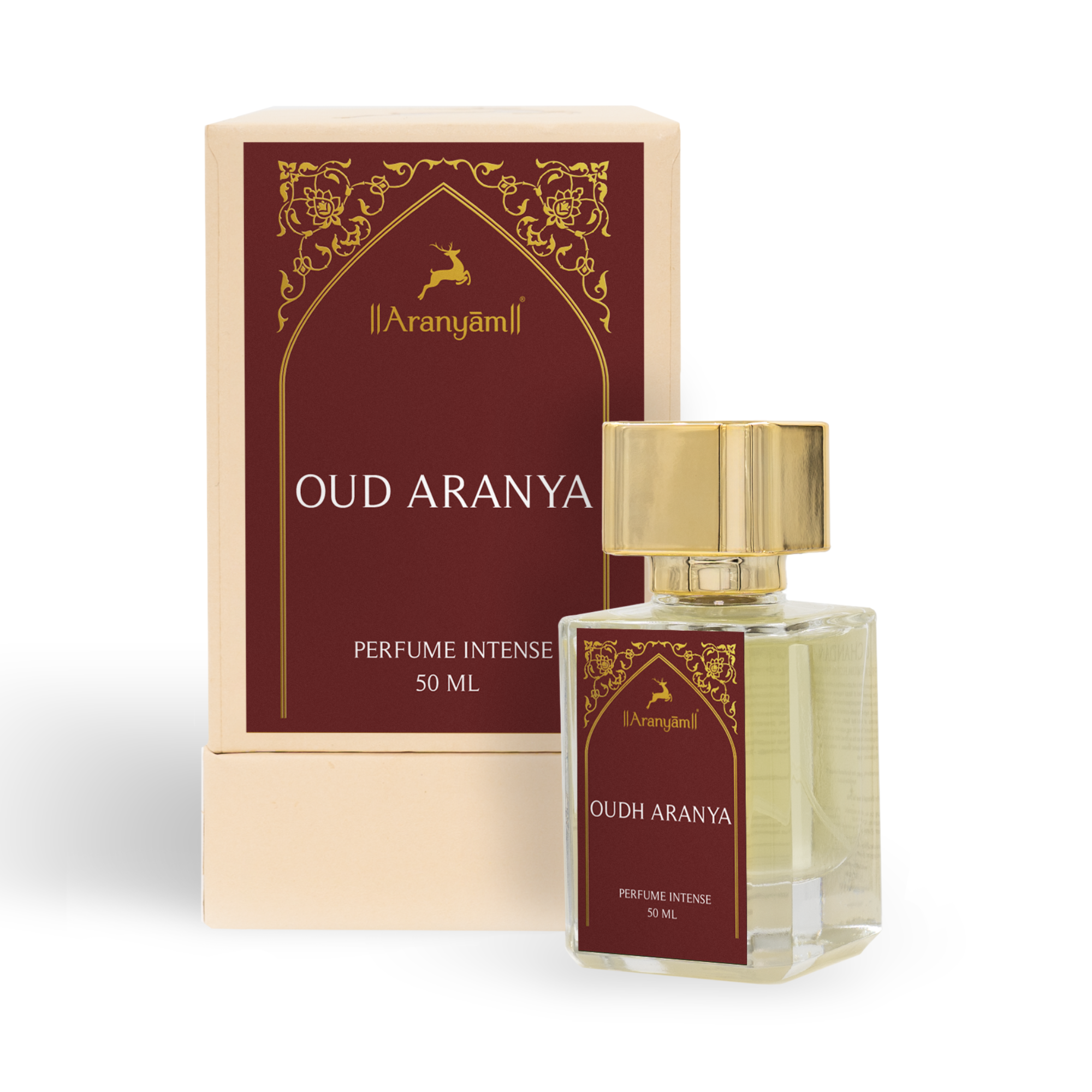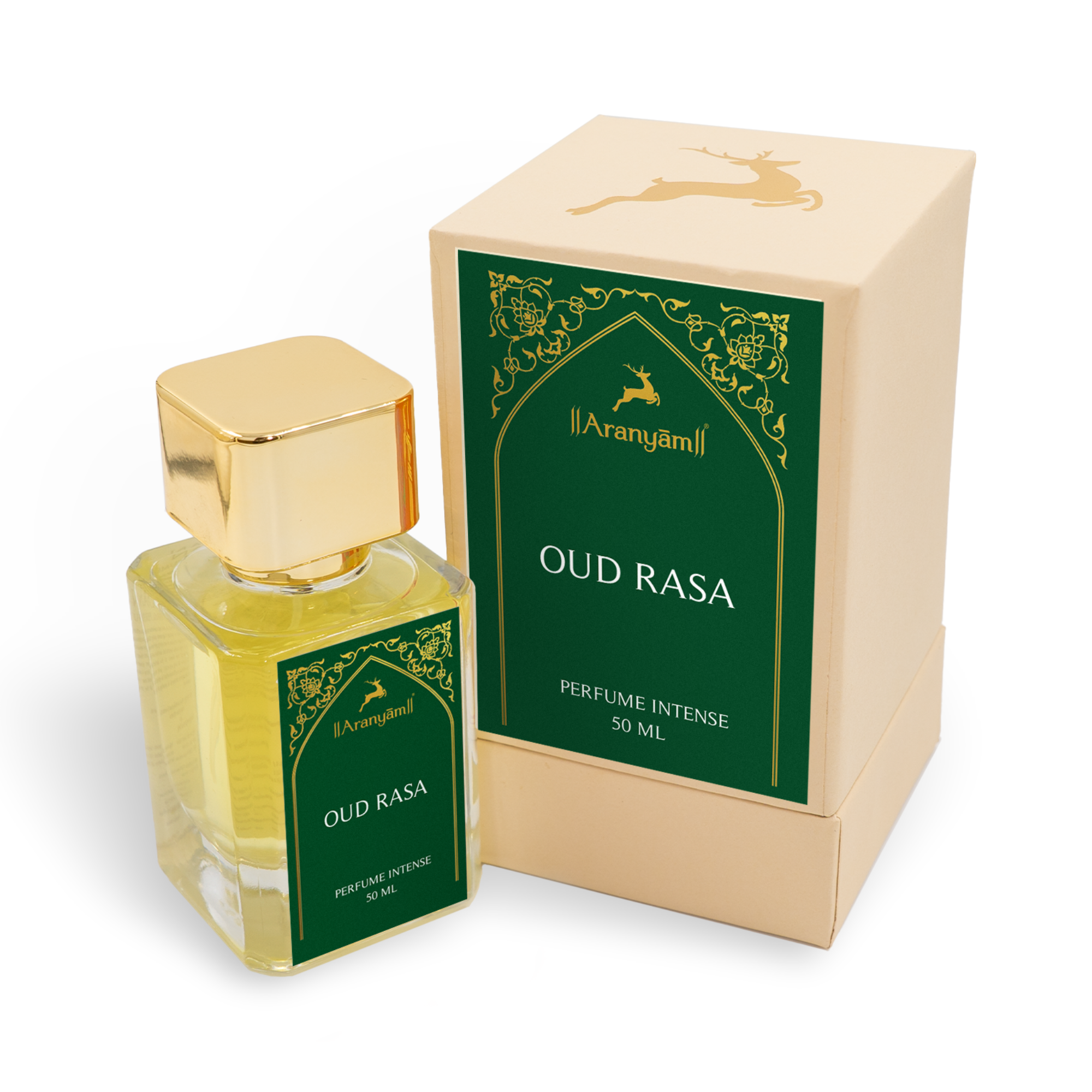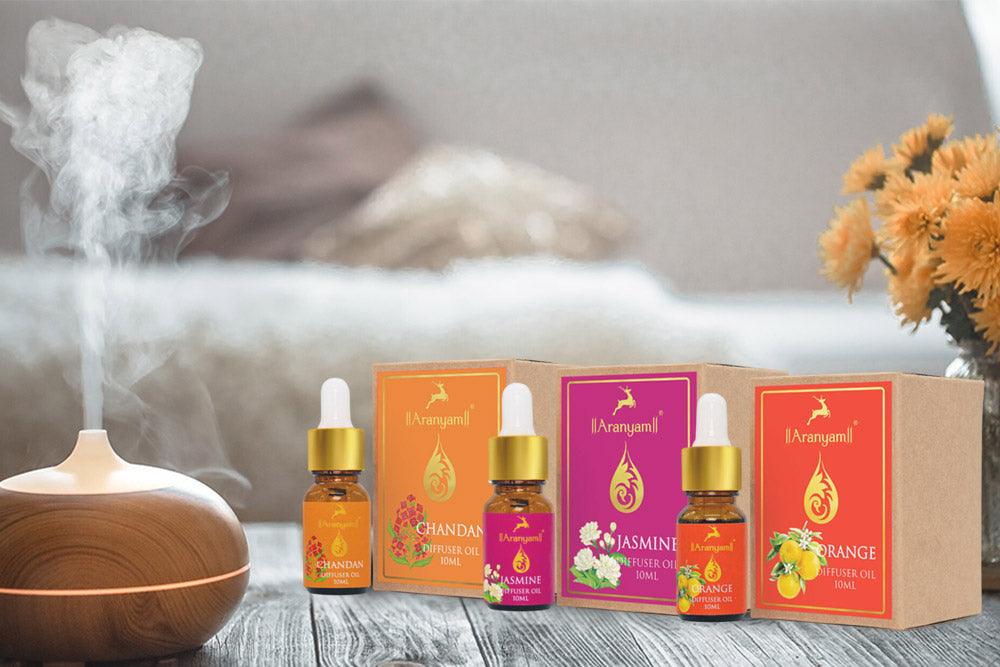
The Difference Between Natural and Synthetic Car Fresheners
The choice of a natural and synthetic car fresheners is often made in haste, dictated by the need to mask unwanted odours or enhance the driving experience with a pleasant aroma. However, this seemingly trivial decision can significantly affect your health and the environment. This comprehensive exploration will dive into car fresheners, contrasting natural options like Aranyam's range of Desi Gulab, Jasmine, Navpushpa, and Champa with their synthetic counterparts.
Understanding the Composition
Natural Car Fresheners:

As their name suggests, natural car fresheners are derived from natural sources. They are typically made from essential oils and plant extracts. Aranyam's range is a testament to this, offering scents like Desi Gulab (rose), Jasmine, Navpushpa (a blend of nine flowers), and Champa (frangipani). These fresheners are free from artificial chemicals and use the inherent properties of plants to provide fragrance.
Synthetic Car Fresheners:
Contrarily, synthetic car fresheners are manufactured using a variety of chemicals. These chemicals are engineered to mimic natural fragrances or create entirely new scents. While they can be potent and long-lasting, the downside is that they can potentially include harmful substances like Phthalates and Volatile Organic Compounds (VOCs).
Impact on Health and Air Quality
Natural Fresheners:
The primary benefit of using natural fresheners like those from Aranyam is their non-toxic nature. Essential oils are not only known for their pleasant scents but also for their therapeutic properties. For instance, Desi Gulab is often associated with a calming effect, while Jasmine can be uplifting. These natural scents can enhance the driving experience without the risk of inhaling harmful chemicals.
Synthetic Fresheners:
Synthetic fresheners, on the other hand, can contribute to indoor air pollution. The VOCs and other chemicals they release, especially in the confined space of a car, can lead to health issues ranging from headaches and dizziness to more severe respiratory problems over time.
Environmental Considerations
Natural Fresheners:

Natural fresheners are typically more environmentally friendly. For example, Aranyam's range's ingredients are biodegradable and sustainably sourced. The production process of these fresheners also tends to have a lower environmental impact.
Synthetic Fresheners:
In contrast, synthetic freshener production, usage, and disposal can harm the environment. Their chemical compounds may not be biodegradable, and the packaging often contributes to plastic waste.
Longevity and Effectiveness
Natural vs. Synthetic Fresheners:
One of the trade-offs with natural fresheners is their longevity. Synthetic fresheners are designed to last longer, but this extended lifespan comes with the cost of continuous exposure to chemicals. Natural fresheners might require frequent replacement, but they are generally more effective at neutralizing odours than just masking them.
Cost Considerations
Natural Fresheners:
Producing natural fresheners like Aranyam's Desi Gulab or Jasmine involves sourcing high-quality, organic ingredients, which can make them more expensive than their synthetic counterparts. However, this cost reflects a commitment to health and environmental sustainability.
Synthetic Fresheners:
Synthetic fresheners are usually more cost-effective due to the lower cost of chemical-based production. This affordability, along with their availability, makes them a common choice for many consumers.
The Scents of Aranyam: A Closer Look
Desi Gulab
This scent captures the essence of traditional Indian roses, known for their deep, intoxicating fragrance. It refreshes the car and has a soothing effect on the mind.
Jasmine
Renowned for its sweet and exotic aroma, Jasmine is a mood enhancer and can make long drives more pleasant and less stressful.
Navpushpa
This unique blend of nine flowers offers a complex and layered fragrance, creating a luxurious and uplifting atmosphere in the car.
Champa
Known for its rich and heady aroma, Champa can transport you to a tropical paradise, making it perfect for those who enjoy bold and floral scents.
Conclusion
Choosing natural and synthetic car fresheners is not just about selecting a fragrance. It's about considering the health implications, environmental impact, and overall quality of the experience. Natural options like Aranyam's Desi Gulab, Jasmine, Navpushpa, and Champa provide a safe, healthy, and environmentally friendly alternative to synthetic fresheners. They offer the dual benefits of delightful scents and peace of mind, knowing you're not compromising your health or the environment. As we spend considerable time in our cars, it's worth investing in a freshener that makes our journeys more enjoyable and contributes to our well-being and the health of our planet.
Connect with us on Facebook, Instagram and YouTube
Frequently Asked Questions:
What are natural car fresheners made of?
- Natural car fresheners, such as those offered by Aranyam Perfumes & Attars, are primarily made from botanical sources. They include essential oils extracted from flowers like Desi Gulab (rose), Jasmine, Navpushpa (a blend of nine flowers), and Champa (frangipani), along with other plant extracts. These ingredients are chosen for their natural fragrance and therapeutic properties.
How do synthetic car fresheners differ from natural ones?
- Synthetic car fresheners are manufactured using artificial chemicals designed to mimic natural scents or create entirely new fragrances. They often contain substances like phthalates and volatile organic compounds (VOCs), which can pose health risks. In contrast, natural fresheners from Aranyam are free from artificial chemicals and offer a safer, non-toxic alternative.
What health risks are associated with synthetic car fresheners?
- Synthetic car fresheners can emit VOCs such as benzene and formaldehyde, which are known carcinogens and can contribute to indoor air pollution. Prolonged exposure to these chemicals in a confined space like a car may lead to headaches, dizziness, respiratory issues, and allergic reactions, especially for sensitive individuals.
Are natural car fresheners safer for children and pets?
- Yes, natural car fresheners are generally safer for children and pets because they do not emit harmful chemicals like VOCs and phthalates. Essential oils used in natural fresheners can even have calming or uplifting effects, benefiting passengers without compromising their health.
Do natural car fresheners have therapeutic benefits?
- Absolutely. Natural car fresheners, such as Aranyam's range, utilize essential oils that are known for their therapeutic properties. For example, Desi Gulab (rose) is associated with calming effects, Jasmine can uplift mood, Navpushpa offers a luxurious blend for relaxation, and Champa creates a tropical ambiance. These scents can enhance driving experiences by promoting a sense of well-being.
How do natural car fresheners affect indoor air quality?
- Natural car fresheners improve indoor air quality by releasing natural fragrances from botanical sources. Unlike synthetic fresheners, they do not introduce harmful chemicals into the air, making them a healthier choice for enclosed spaces like cars.
Are synthetic car fresheners environmentally friendly?
- No, synthetic car fresheners typically have a larger environmental footprint. They often contain non-biodegradable chemicals and are packaged in materials that contribute to plastic waste. In contrast, natural car fresheners from Aranyam are made from biodegradable ingredients and are sourced sustainably, minimizing environmental impact.
What chemicals should I be aware of in synthetic car fresheners?
- Consumers should be cautious of chemicals like phthalates, formaldehyde, benzene, and other VOCs commonly found in synthetic car fresheners. These chemicals can be harmful to health and may have long-term effects with repeated exposure.
How long do natural car fresheners typically last compared to synthetic ones?
- Natural car fresheners may not last as long as synthetic ones because they do not contain artificial fixatives that prolong scent duration. However, their effectiveness in neutralizing odors and providing a natural fragrance experience is preferred by those who prioritize health and environmental sustainability.
Do natural car fresheners effectively neutralize odors?
- Yes, natural car fresheners effectively neutralize odors by releasing natural fragrances that blend with and eliminate unwanted smells. They do not just mask odors but provide a refreshing and natural aroma derived from botanical sources.
What makes Aranyam's Desi Gulab different from other natural fresheners?
- Aranyam's Desi Gulab stands out for its authentic fragrance derived from traditional Indian roses, known for their deep, intoxicating scent. It is crafted without artificial additives, offering a pure and natural alternative to synthetic fresheners.
Can synthetic car fresheners cause allergies or sensitivities?
- Yes, synthetic car fresheners can cause allergies or sensitivities in some individuals due to the chemicals they release, such as allergens and irritants like VOCs. Natural car fresheners, on the other hand, are less likely to trigger allergic reactions because they are derived from natural ingredients.
Are there regulations on the chemicals used in car fresheners?
- Regulatory standards vary by region, but some countries have restrictions on the use of certain chemicals in car fresheners due to health concerns. It's advisable to choose products, like Aranyam's natural fresheners, that comply with stricter regulations and prioritize consumer safety.
What are VOCs and why are they harmful in car fresheners?
- VOCs, or volatile organic compounds, are chemicals that can easily vaporize and enter the air we breathe. In car fresheners, VOCs contribute to indoor air pollution and are linked to adverse health effects such as respiratory irritation, headaches, and dizziness.
Are natural car fresheners biodegradable?
- Yes, natural car fresheners, including those from Aranyam, are typically biodegradable because they are made from organic ingredients such as essential oils and plant extracts. They break down naturally over time, reducing environmental impact.
How can I dispose of synthetic car fresheners responsibly?
- Synthetic car fresheners should be disposed of according to local waste disposal guidelines. Whenever possible, recycling or reusing their packaging can minimize environmental impact. Choosing natural alternatives like Aranyam's products reduces the need for disposal concerns.
Are natural car fresheners more expensive than synthetic ones?
- Yes, natural car fresheners may have a higher initial cost compared to synthetic ones. This is because natural fresheners like those from Aranyam use high-quality botanical ingredients that are sustainably sourced and free from artificial additives. However, their benefits to health and the environment justify the investment for many consumers.
Do natural car fresheners require special storage conditions?
- Natural car fresheners, particularly those containing essential oils, should be stored in a cool, dry place away from direct sunlight to preserve their fragrance potency. Proper storage helps maintain their effectiveness and prolongs their shelf life.
Can natural car fresheners be used in other spaces besides cars?
- Yes, natural car fresheners are versatile and can be used in various indoor spaces such as homes, offices, and even in personal items like bags or closets. Their natural fragrance provides a pleasant and non-toxic alternative to synthetic air fresheners.
What are the environmental benefits of choosing natural car fresheners?
- Choosing natural car fresheners, such as those offered by Aranyam, supports environmental sustainability in several ways. They use biodegradable ingredients, are sourced sustainably, and reduce the consumption of plastic packaging compared to synthetic alternatives. This eco-friendly choice helps minimize our carbon footprint and promotes a healthier planet for future generations.












